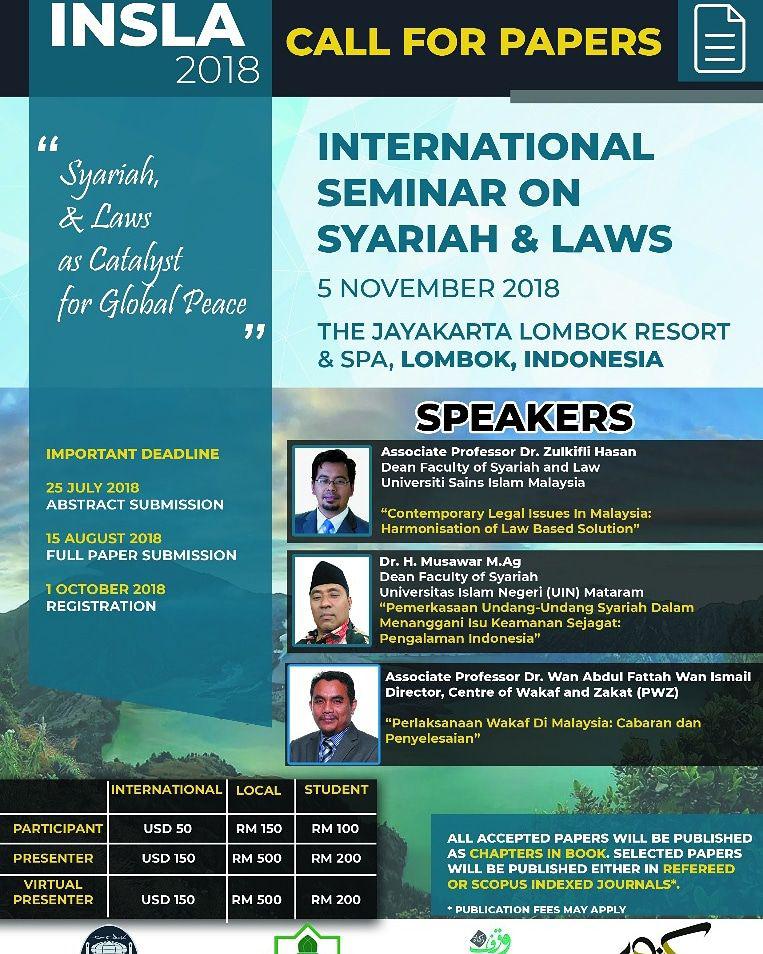The Mapping of COVID-19 As A National Security Issue
Keywords:
COVID-19, biosecurity , law, rule, securityAbstract
COVID-19 triggered different countries national plans of actions worldwide whilst these measures affecting their citizens and residents presumably within the boundaries of rule of law. The ruling governments respectively responded by implementing diverse health and legal measures with the aims of curbing the spread of the COVID-19 pandemic. This ranges from the closures of identified public places, wearing of marks and hand sanitisers, quarantine, social distancing, banning overseas travel, banning interstate travel, allowing work from home and a mixed of miscellaneous measures. Malaysia legalised its prevention and enforcement measures mainly by virtue of the Prevention and Control of Infectious Diseases Act 1988 (Act 342) together with its newly imposed COVID-19 regulations and the Police Act 1967 (Act 344). The social distancing measures and movement control order have emerged the be powerful measures in flattening the COVID-19 curve. The study attempts to unveil the understanding of COVID-19 as a national security matter with the projection and trajectory for the benefit of public health and national security simultaneously within the scope and limits of Malaysia’s public health measures and prevention of diseases, in maintaining security and public order. This paper then suggesting a projection of COVID-19 and other future health crisis or pandemic as national security issues thus legalising the health, security, or emergency measures, either improvement on the existing laws or moving towards a more dynamic form of law in line with future unforeseeable threat and intervention. The Australia and Italy COVID-19 related laws are scrutinised with the hope that this study will provide a deeper understanding and provide legal solutions enabling countries facing future emergency or crisis issues regarding health, political, social, economic type of threat that could in turn affect national security.







